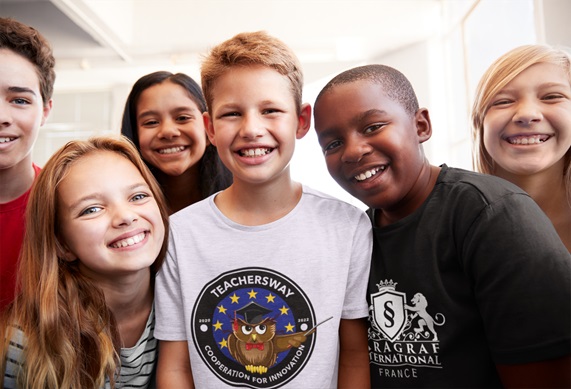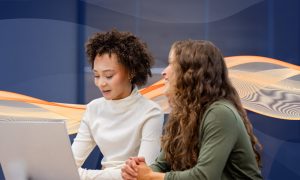
Teaching kids different non-formal activities [TeachersWay Project]
Guess what! The Erasmus Programme is on it again. The foundation brings you the TeachersWay Project, a move that ought to spell a new dawn for education in Europe by extending non-formal education to children’s homes.
Players, Aims and Objectives of the TeachersWay
The major stakeholders in the project are parents, children and the project partners who are: Progetto Marconi (Italy), JUC (Lithuania), NOORED HEAKS (Estonia), EUnoia (Macedonia), ATIC (Romania) and Tony Kohhiba (France).
The TeachersWay is aimed at providing non-formal learning techniques to children while at the home environment, such as gaming, Project Base Learning, and Classroom Management Strategies and Techniques. The project is funded by the Erasmus+ and the other partners scheduled to begin in 2019 trough to 2022. The project also aims to disseminate the Intellectual outputs that would be created during the course of the twenty-eight months. The members of the project will also investigate and analyze the different forms of out of school learning strategies that involve teachers, while at the same time providing training modules, materials, and tools necessary for this type of learning.
Among the project’s objectives is helping to foster the ability of the teachers to train their students and to actively involve them in this kind of education through offering them extra-curricular activities. These activities are practiced and performed outside the school, through home-schooling and after-school activities as forms of non-formal education. The project will extend to the parents concerning the out of school learning of their children, encouraging them to develop strategies or implement the already suggested strategies by the program members in enhancement of the goals of the project.
In order to realize the objectives, a consortium of 21 members from France, Italy and Romania will evaluate the education system of these regions and help identify the strengths and weaknesses of the system. Additionally, the consortium will prepare a guideline that will include recommendations for teachers on how to improve the non-formal learning activities for the learners.
It goes without saying that extra-curricular activities are necessary for each learner. Opening forums for children to enjoy programs outside learning in the classroom and away from books is equally important as the learners themselves in the learning process. The success of this program will surely take the European education to an unprecedented level.
To learn more about this project visit the website: www.teachersway.eu



